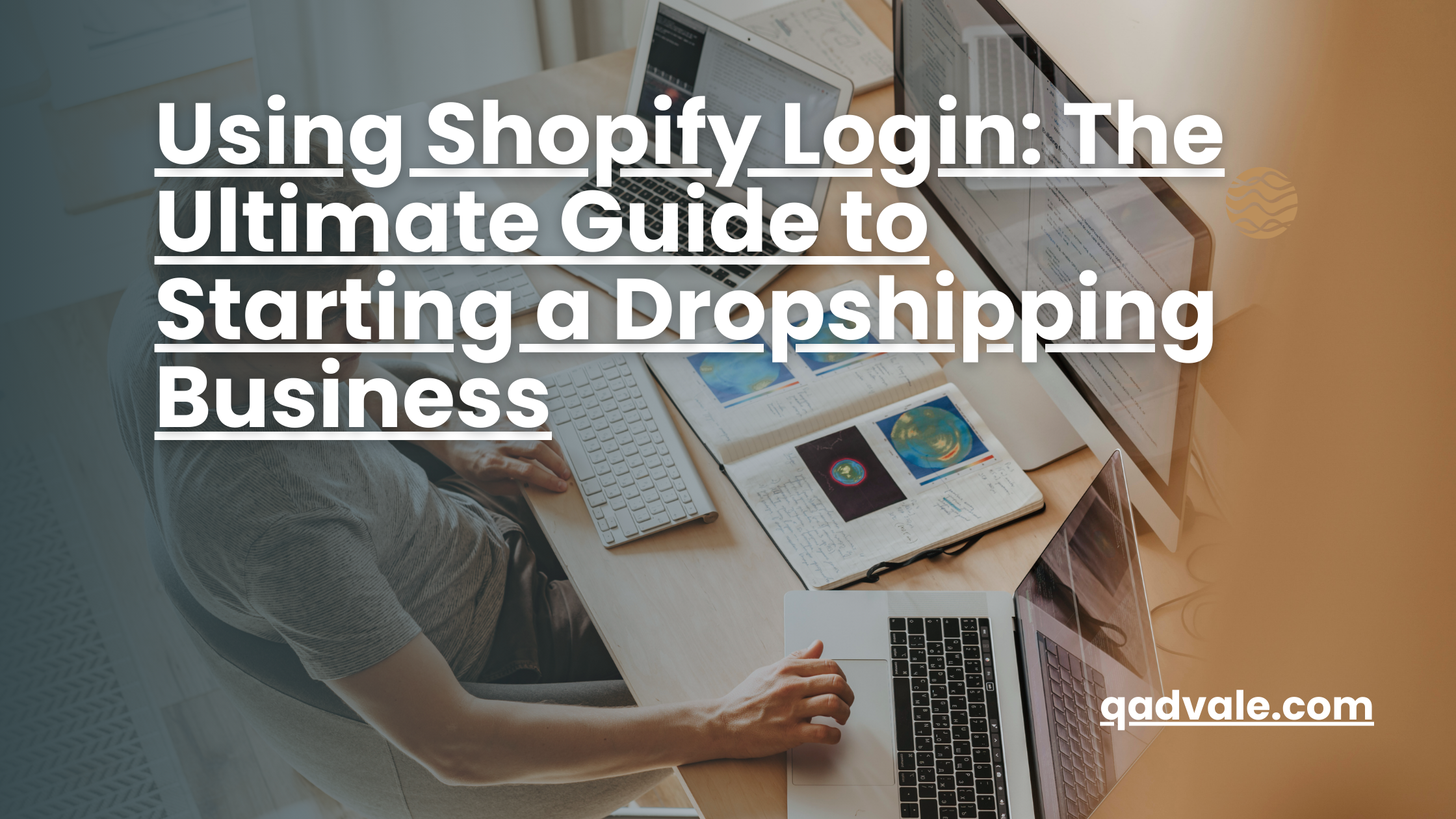How to Choose the Best eCommerce Platform for Your Online Store
The eCommerce industry is booming, worth $2.3 trillion and set to hit $4.48 trillion by 20201. Picking the right eCommerce software is crucial for your online business. This guide will help you understand what to look for when choosing the best platform for your store.
Key Takeaways
- The eCommerce industry is a rapidly growing $2.3 trillion market set to reach $4.48 trillion by 20201.
- There are 5 main types of eCommerce platforms to choose from: Build your own, Traditional, Open-source, Cloud-hosted, and SaaS1.
- Choosing the right eCommerce platform is crucial for an online store’s growth, running costs, customer engagement, and achieving business objectives.
- Factors like pricing, customer support, scalability, omnichannel marketing, and SEO capabilities should guide the selection of an eCommerce platform2.
- Investing in a platform that continually evolves and meets future needs is more important than simply choosing the most affordable option2.
Why Selecting the Right eCommerce Platform Matters
Choosing the right ecommerce platform is key to your online store’s success and growth. The platform you pick affects your business in four main areas: growth, costs, customer interaction, and reaching your goals3.
Impact on Growth, Running Costs, Customer Engagement, and Business Objectives
The platform you choose affects your business’s growth speed. For instance, BigCommerce lets businesses grow globally and manage many stores from one place, helping you expand quickly3. The costs, like monthly fees and transaction charges, also play a big role in your expenses and profits4.
How your customers see your business is also influenced by the platform. A smooth, easy-to-use platform can make customers happier and more loyal. But a poor experience can lead to fewer sales and harm your reputation4.
Choosing the right platform is vital for offering the service and experience you aim for. Platforms with features for B2B businesses, like managing customer groups and prices, meet specific needs. Those with various payment and shipping options make shopping better for customers3.
In short, the ecommerce platform you pick deeply affects your business’s growth, costs, customer interaction, and goal achievement. It’s important to think carefully about these factors when picking the best platform for your store3.
Understanding the Different Types of eCommerce Platforms
Business owners have many ecommerce platforms to choose from when building an online store. Each platform has its own set of features and benefits. Let’s look at the five main types: build your own, traditional, open-source, cloud, and SaaS.
Build Your Own eCommerce
Building your own ecommerce platform means hiring developers to make a custom one for your business. This gives you total control but costs a lot upfront and needs ongoing work5.
Traditional eCommerce Platforms
Traditional platforms let you buy a software license and install it on-premise or in the cloud. Examples are Magento Open Source and WooCommerce. They offer scalability and control over your IT budget and security5.
Open-Source eCommerce Platforms
Open-source platforms like PrestaShop and OpenCart are free but need a lot of upkeep. They let you customize a lot but you need tech skills to manage it56.
Cloud-Based eCommerce Platforms
Cloud-hosted platforms, like Magento Commerce Cloud and Microsoft Azure, are run by the provider but need customization. They’re good for small businesses and offer support for a monthly fee5.
SaaS eCommerce Platforms
SaaS platforms, such as Shopify and BigCommerce, are paid monthly and taken care of by the provider. They handle things like PCI compliance and security, making them a budget-friendly choice for businesses56.
When picking an ecommerce platform, think about your budget, who you want to sell to, how big you expect to grow, and the support you need7.
“Choosing the right eCommerce platform is crucial for the success of your online store. Each type offers unique advantages and challenges, so it’s important to carefully evaluate your business needs to make an informed decision.”
Knowing about the different ecommerce platforms helps you pick the best one for your business. Whether you choose to build your own, go traditional, open-source, cloud, or SaaS, the right platform can help your online store succeed576.
Cloud-Hosted vs SaaS eCommerce Platforms
Many think cloud-hosted and SaaS ecommerce solutions are the same. But they’re not. It’s important to know the differences to pick the best platform for your store8.
Cloud-hosted ecommerce means the website is hosted by the ecommerce provider. You manage the platform, including updates and customizations8.
SaaS ecommerce offers both the software and hosting for a monthly fee. The provider takes care of updates, security, and hosting, letting you focus on your business8. BigCommerce and Shopify are examples of SaaS providers8.
Some platforms, like Magento Open Source and WooCommerce, let you host the platform yourself or through someone else8. This gives you more control but means you handle hosting, maintenance, and security costs8.
Magento Commerce Cloud is a premium version that includes hosting in its monthly fee but still requires you to manage the platform’s deployment8.
Choosing between cloud-hosted and SaaS ecommerce depends on how much control and customization you want8. SaaS is easier to manage, while cloud-hosted and self-hosted offer more flexibility8.
| Feature | Cloud-Hosted eCommerce | SaaS eCommerce |
|---|---|---|
| Hosting | Outsourced to provider | Fully managed by provider |
| Software Management | Business responsible for updates | Provider handles all updates |
| Customization | More flexibility | Limited customization options |
| Costs | Higher initial investment, but potential for lower long-term costs | Predictable monthly subscription fee |
When picking an ecommerce platform, think about what you need and what you can afford8. The right choice can really help your online store succeed and grow9.
“The choice between cloud-hosted and SaaS ecommerce platforms ultimately comes down to the level of control, customization, and resource investment a business is willing to take on.”
Costs to Build, Maintain, and Update Your eCommerce Platform
Setting up an ecommerce platform is more than just the initial cost. There are ongoing expenses to keep your online store running well and growing with your business10.
Initial Development
The cost to build an ecommerce website varies a lot. It can be as low as $5,000 for a simple store or up to $55,000 for a complex one10. These costs cover design, development, domain registration, and setting up the ecommerce platform11.
Ongoing Maintenance
After launching your ecommerce platform, you’ll need to set aside money for maintenance. This can cost between $15,000 to $30,000 a year10. It includes hosting, security updates, managing content, and fees for plugins or integrations11.
Upgrade Expenses
As your business grows, you might need new features or changes to your ecommerce platform. Upgrade costs can be low, like a few hundred dollars, or high, up to tens of thousands for a full site redesign11. It’s important to plan for these upgrades to keep your business successful.
Running an ecommerce platform costs more than just the initial setup. You need to think about maintenance and upgrades too. This helps you plan your budget and stay competitive101211.
“Direct-to-consumer (DTC) ecommerce is experiencing incredible growth, with expected sales of physical goods in ecommerce projected to reach $603.4 billion this year, showing a 40% increase from 2016.”10
Understanding the costs of an ecommerce platform is key to your online business’s success.
Aligning Business Needs with an eCommerce Platform
Choosing the right ecommerce platform is key to your online business’s success. It’s vital to know your business needs, who your customers are, and what kind of ecommerce you want – B2C, B2B, or a mix13.
B2C, B2B, or Hybrid Approach
If you’re aiming at individual customers, a B2C ecommerce platform like BigCommerce or Shopify could be perfect. These platforms are easy to use, have great shopping cart features, and make checking out easy for customers14.
For businesses selling to other companies (B2B), you’ll need a platform that handles complex pricing and bulk orders well. Magento or Salesforce Commerce Cloud are great for this13.
Companies with a mix of individual and business customers might want a hybrid ecommerce approach. This way, you can serve both types of customers with one platform, making things easier for everyone13.
Tech Stack Requirements
Think about the tech you need too. This includes payment systems, shipping options, managing stock, CRM, and analytics14.
Check how the ecommerce platform works with your tech, making sure everything flows smoothly. Platforms with strong APIs and many integrations offer flexibility and can grow with your business14.
Matching your business needs, customer likes, and tech needs with the right ecommerce platform sets you up for success and growth131415.
Essential Features for a Successful eCommerce Site
Choosing the right ecommerce platform is key for your online store’s success. Look for features like payment gateways, shipping integration, and pricing capabilities. These are crucial for your site to stand out and succeed.
Payment Gateways
Good payment processing is vital for ecommerce success. Your platform should work with top payment gateways for secure transactions. It should support various payment options, protect against fraud, and follow PCI standards to build trust with customers16.
Shipping Integration
Improving how you fulfill orders is key to a great customer experience. A platform with strong shipping integration can automate tasks like shipping costs, labels, and tracking updates. Working well with carriers like USPS, FedEx, and UPS can make your shipping better16.
Pricing Capabilities
Being able to set different prices helps you reach more customers and adapt to the market. Look for options like tiered pricing, dynamic discounts, and bundle deals. This lets you make more money and stay competitive16.
Focus on these key features to create a strong, customer-focused online store. This way, you’ll offer a better shopping experience and help your business grow16.
Visit Qadvale.com for your ecommerce journey at a user friendly budget price.
Budgeting for Your eCommerce Platform
When planning your ecommerce platform budget, think about more than just the platform costs. Consider things like premium themes, security licenses, hosting, and domain name registration. You might also need to hire an ecommerce agency for building or moving your online store1718.
To pick the best ecommerce platform for your business, calculate the Total Cost of Ownership (TCO) and the expected Return on Investment (ROI). This way, you can make a smart choice that fits your budget and business goals17.
Platform Costs, Additional Expenses, and Agency Involvement
Ecommerce platform costs can really vary. For instance, open-source platforms like WooCommerce might need 2-3 plugins, each costing $50-$100 a year19. On the other hand, cloud-hosted platforms like Shopify offer monthly plans based on your site’s traffic and support needs19.
There are also extra costs to think about, like payment gateway fees, which are usually 2.9% plus $0.30 per transaction19. Don’t forget to budget for website hosting, which starts at $3 a month for shared hosting and can be up to $200 a month for dedicated hosting18. Domain name registration can also cost $1-$15+ a year18.
Working with an ecommerce agency can also be a big expense. They can take care of development, design, and migration, offering expertise for a smooth ecommerce experience. But, their services are pricey, so think carefully about the value they offer.
By planning your ecommerce platform budget well, including all costs and agency involvement, you can set your online store up for success and growth17.
Launch Timeline and Considerations
Launching an ecommerce platform needs careful planning and understanding of its complexities. The time it takes to launch your online store changes a lot. This depends on things like how complex your products are, what features you want, and if you’re selling worldwide or across many stores20.
BigCommerce has a feature called Multi-Storefront that makes managing different sites easy from one place. This is great for businesses wanting to grow globally or reach different customer groups21.
It’s important to know the possible challenges and make sure your team is ready for a smooth launch. As the ecommerce world keeps changing20, having a solid plan that fits your business can help your online store succeed and grow over time21.
Visit Qadvale.com for your ecommerce journey at a user friendly budget price.
FAQ
What is the current value of the eCommerce industry and its projected growth?
The eCommerce industry is worth $2.3 trillion now. It’s expected to almost double to $4.48 trillion by 2020.
Why is choosing the right eCommerce platform so important for an online business?
The right eCommerce platform affects 4 key areas of your online business. These are growth, costs, customer interaction, and your goals. It’s vital for your business’s success and growth.
What are the main types of eCommerce platforms to consider?
You should look at 5 main types of eCommerce platforms: 1) Build your own with custom development; 2) Traditional, with a software license; 3) Open-source, free but needs upkeep; 4) Cloud, hosted and customizable; 5) SaaS, subscription-based and maintained by the provider.
What are the key differences between cloud-hosted and SaaS eCommerce platforms?
Cloud-hosted and SaaS platforms are often confused with each other. But they differ. Cloud-hosted needs upkeep, like traditional and open-source platforms. SaaS platforms are fully managed, with no upkeep needed, for a monthly fee.
What are the ongoing costs to consider when budgeting for an eCommerce platform?
Besides the initial costs, think about ongoing expenses for your eCommerce platform. These include maintenance, upgrades, and any extra fees like transaction fees. It’s important to consider the Total Cost of Ownership.
What key factors should be considered when selecting an eCommerce platform for a business?
Know your business and customers when picking an eCommerce platform. Think about your business type and tech needs. Platforms like BigCommerce are flexible and work with many third-party solutions.
What essential features should an eCommerce platform offer for a successful online store?
A good eCommerce platform must have key features. These include payment gateways, shipping integration, and pricing options. These are crucial for a successful online store.
What additional costs should be considered when budgeting for an eCommerce platform?
Don’t forget to include extra costs like premium themes, security licenses, hosting, and domain names. Agency services for building or moving your site can also be a big expense. Think about the Total Cost of Ownership and Return on Investment.
What factors can impact the launch timeline for an eCommerce site?
Launch time can be affected by product complexity, desired features, and international sales plans. BigCommerce offers Multi-Storefront for easy management of multiple sites. Plan carefully to ensure a smooth launch.
Source Links
- How to Choose The Best eCommerce Platform [2022 Edition] – https://www.coredna.com/blogs/best-ecommerce-platform
- Council Post: A Quick And Simple Guide To Choosing The Right E-Commerce Platform For Your Business – https://www.forbes.com/sites/forbestechcouncil/2022/06/10/a-quick-and-simple-guide-to-choosing-the-right-e-commerce-platform-for-your-business/
- 9 Best Ecommerce Platforms: Pros and Cons + Pricing Comparison – https://www.bigcommerce.com/articles/ecommerce/ecommerce-platforms/
- Choosing The Right E-Commerce Platform Is Critical To Your Success – https://www.forbes.com/sites/jiawertz/2017/11/20/choosing-the-right-e-commerce-platform-is-critical-to-your-success/
- What is an Ecommerce Platform? Definitions and Types – https://verpex.com/blog/ecommerce-woocommerce-hosting/what-is-an-ecommerce-platform
- Understanding E-commerce Platforms: Warehousing Professionals Guide – https://spherewms.com/blog/understanding-e-commerce-platforms
- What is an ecommerce platform? – https://www.optimizely.com/optimization-glossary/ecommerce-platform/
- On-Prem vs Hosted vs SaaS: What are the Differences? | BigCommerce – https://www.bigcommerce.com/blog/on-prem-vs-hosted-vs-saas/
- Open Source Ecommerce vs. SaaS Ecommerce – https://www.bigcommerce.com/articles/ecommerce/open-source-ecommerce-vs-saas-ecommerce/
- Understanding the Average Costs of Building & Maintaining an Ecommerce Website – https://www.shipbob.com/blog/ecommerce-website-cost/
- Ecommerce Website Cost: Full Guide for 2024 – Shopify – https://www.shopify.com/blog/ecommerce-website-cost
- Ecommerce Website Cost: Complete Pricing Guide – https://www.bigcommerce.com/articles/ecommerce/ecommerce-cost/
- Small Business Ecommerce: How to Go Digital in a Big Market – https://www.bigcommerce.com/articles/ecommerce/small-business-ecommerce/
- Key Considerations for Your Business – https://agilethought.com/blogs/selecting-the-right-ecommerce-platform-key-considerations-for-your-business/
- 6 Ways To Better Align E-Commerce Expectations And Output – https://www.forbes.com/sites/rhettpower/2022/06/27/6-ways-to-better-align-e-commerce-expectations-and-output/
- 11 Essential eCommerce Website Features to Have In 2024 – https://www.intelivita.com/blog/ecommerce-website-features/
- How to Set an eCommerce Budget – https://beanninjas.com/blog/ecommerce-budget-template/
- 6 things to budget for when building your ecommerce business – Avalara – https://www.avalara.com/blog/en/north-america/2022/08/6-things-to-budget-for-when-building-your-ecommerce-business.html
- How to Plan and Budget for an eCommerce Website the Right Way – https://www.bplans.com/start-a-business/industries/ecommerce/
- Ecommerce Implementation: Key Players + Timeline for Success – https://www.bigcommerce.com/articles/ecommerce/implementation/
- Considerations for E-Commerce Platform Launch – https://www.liferay.com/blog/customer-experience/considerations-for-e-commerce-platform-launch




